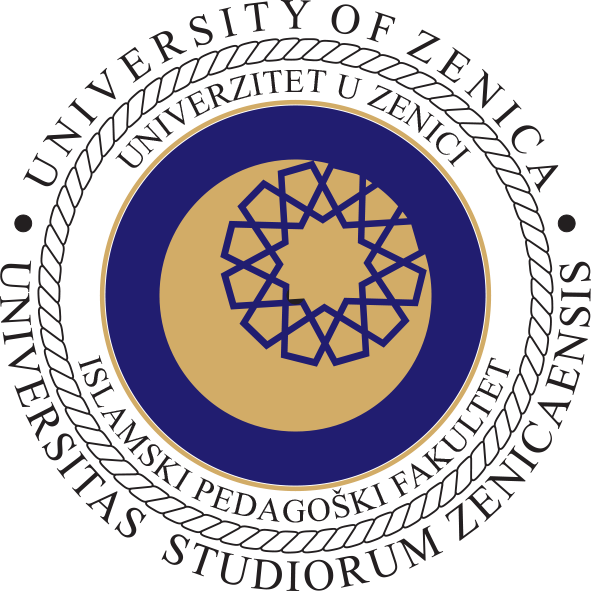The reasons for the revelaion of the Qur’an (understanding and the possibility of using it for educational purposes)
The question of the reason for the revelation of the Qur’an (ashab nuzul al-Qur’an) falls into exceptionally important questions in the science of tafseer, considering that the understanding of the reason for the revelation is an important condition for the proper understanding of the Qur’an. Moreover, there are Qur’anic texts which cannot be under...
By SAFVET HALILOVIĆ



